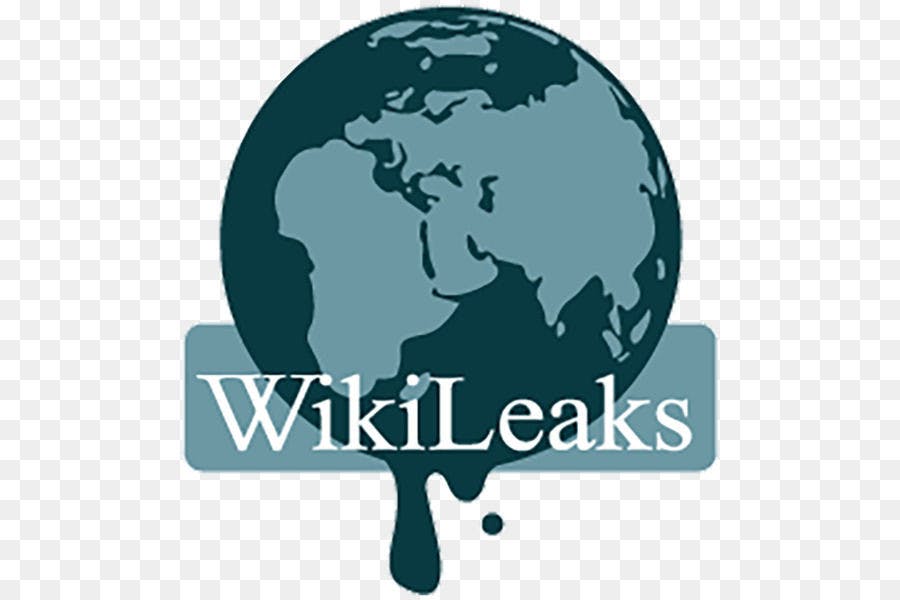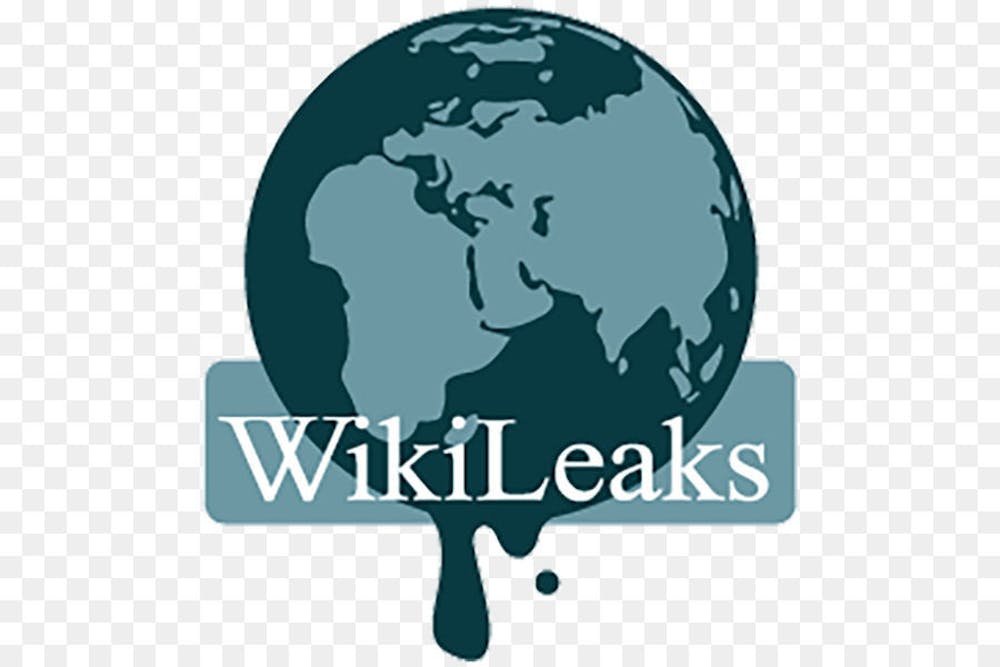
WikiLeaks co-founder Julian Assange was evicted from the Ecuadorian Embassy in London and arrested April 11.Â
Prosecutors in the United States have filed charges against Assange, and he is expected to fight the extradition tooth and nail.
“The question is ‘Can the U.S. government prove that [Assange] was an active participant in the hack, or was he doing what journalists do — working with a source — and Chelsea Manning was the only hacker?’†said Michael Sances, a University of Memphis political science professor.
This question is significant because the implications of a court ruling could alter the way press is handled in the U.S.
Julian Assange is charged with hacking the military databases in coordination with Chelsea Manning, an act that Manning was convicted for and whose statute of limitations expired 2 days after the grand jury approved the indictment.
This line is blurry, and the only people convicted for leaking information have been the leakers, rather than the journalists who published the information.
If Assange is extradited and stands trial, it is possible a judge or the prosecution will push for a stance that could silence journalists trying to publish classified information.
“In the last many decades, journalists have not been targeted under the Espionage Act, but the people who have leaked the information have been charged under the Espionage Act,†UofM journalism professor Joe Hayden said.
Assange has a number of journalism awards and has acted to release information that is in the public interest. However, some people question both Assange’s methods of releasing sensitive information and whether Assange is acting only in his own interest.
Assange and Wikileaks released documents about Hillary Clinton around the 2016 presidential election, but also released documents about the Iraq War in the early 2000s.
“[The New York Times] redacted some of the information might get people killed or might disclose foreign agents,†Hayden said. “I think Assange later went ahead and published the whole thing. His identity — is he a journalist? Not a journalist? Is he a partisan? An activist? It is hard to label him.â€
It is difficult for some to pin down a definition for Assange, but it is possible to guess what defenses Assange and his lawyers will use in both the extradition hearing and any case about the Manning leaks in 2010.
Before he can be tried in the U.S. court of law, Assange must first be extradited from the U.K. to the U.S. Assange’s lawyers have already hinted that they will fight the extradition on the grounds that the arrest was politically motivated.
Ecuador’s stated reason for revoking Assange’s citizenship include tampering in foreign politics, failing to clean the bathroom and not picking up after his cat.
If Assange is extradited to the U.S., it is likely that he and his lawyers will attempt to use the First Amendment’s free press clause to defend his actions in 2010. The prosecution is already going after Assange on somewhat weak charges, using online communication between Manning and Assange to suggest that he instructed Manning in how to assist in the attempt to hack the Department of Defense.
“They’re accusing him of moving from being a journalist to being a hacker, in collaboration with Chelsea Manning,†Sances said. “The question of ‘Is this type of activity journalism - is it protected under the First Amendment?’ is the key issue.â€




